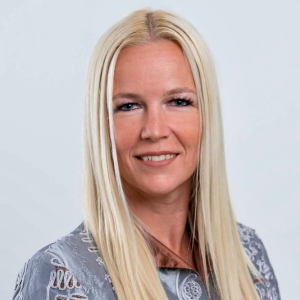The objective of the specialisation
The programme is designed to ensure:
- Provide a qualification in human resources management, recognised as an increasingly important part of any organisation’s strategic objectives.
- Train how to adapt to changing human resource challenges arising from factors such as skills shortages, flexible working environments and digitalisation.
- Provide an in-depth knowledge and develop the skills and competencies needed to motivate, manage, lead and reward workforces.
The specialisation is for
- Human resource oriented leaders (economists, engineers) who want to develop themselves and become better;
- Professionals who want to be a leader or manager in HR field;
- Economists who want to gain a deeper knowledge of leadership, management and HR;
- Recent graduates who are consciously preparing for HR positions;
- Professionals who want to develop their competences such as strategic thinking, people management, problem solving, collaboration.
Career opportunities by completing this specialisation
Graduates can find a job at middle and upper-middle management in medium and large enterprises, organizational units (mainly in HR Department), such as:
- HR Manager
- HR expert
- HR business partner
- Organisational development specialist
- Senior manager (family business, own business)
- Consultant (in-house, alongside senior manager, in consultancy firm)
Content of the specialisation
Students opting for this specialisation will focus on strategic and human aspects of organizations, both in theory and practice, such as:
- strategic and digital human resource management,
- employer branding and recruiting,
- work and organizational psychology,
- employment relations and law,
- organisation development and change management,
- innovation management.
Competencies acquired
Graduates will be equipped with the specific skills needed for effective, higher-level personnel management and human resources management:
- HR strategy creation and execution
- Proactivity
- Cultural awareness and sensitivity
- Active listening
- Empathy
- Cultivating a positive workplace culture
More information about the programme and the specialisation:

Full Professor
Head of the Specialisation
Building “A” 1st floor Room 132
Phone: +36 88 624 – 187
e-mail: obermayer.nora@gtk.uni-pannon.hu

Tünde VAJDA
International Coordinator
Building “A” 2nd floor Room 224
Phone: +36 88 624 – 136
e-mail: vajda.tunde@gtk.uni-pannon.hu
